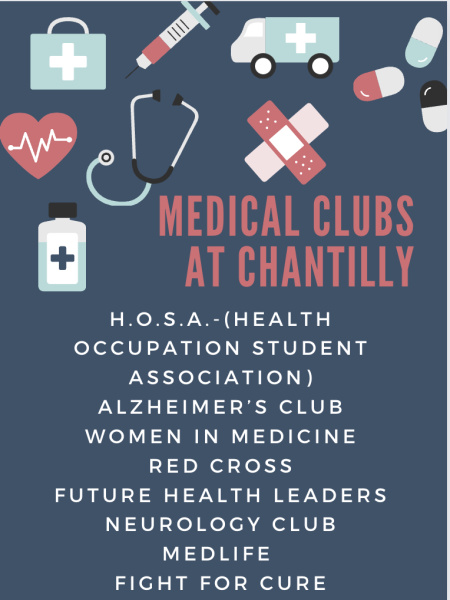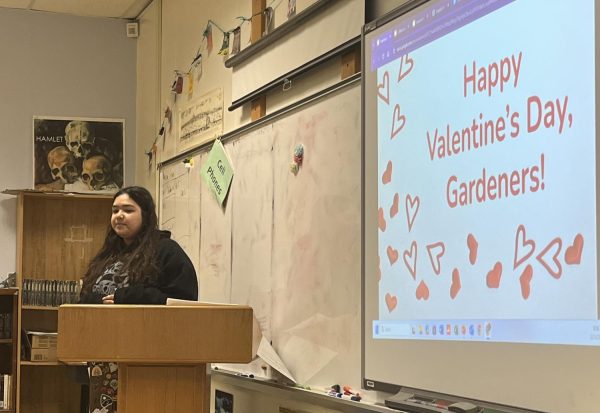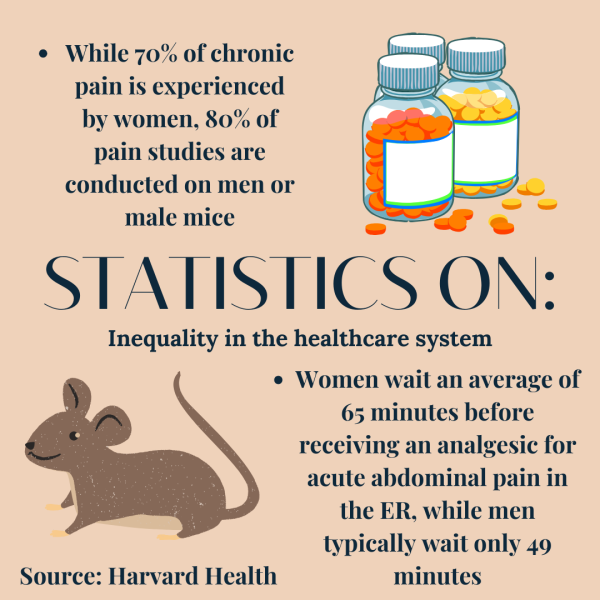Graduate Kyle Woisard shares his experience with driving under the influence
March 3, 2017
In 2015, drunk driving was the cause of 10,265 deaths in the United States. Kyle Woisard, a Chantilly graduate who has first-hand experience when it comes to driving under the influence, shares his story with sophomores in Driver’s Education every year as part of his probation.
When Woisard was in his senior year of high school, he and a friend decided to drink alcohol at a football game in D.C. This decision had dire consequences.
“I started to drive back home, and on the way, my friend fell asleep. That was the first time I had driven home from D.C. on my own, so I got lost pretty quickly,” Woisard said. “I was using the GPS to get back on track, and it said to turn left on 66 West, so I took the first left I saw. It turned out to be a turn to the wrong side of the road. It was two in the morning, and I had no idea I had made a wrong turn. I remember coming to a curb and going around [it], and there were headlights right in front of me. That’s the last thing I remember from being inside the car.”
Woisard woke in the hospital, where he was questioned by an officer about what had happened that night. He was also informed about a serious result of his decision to drive while drunk.
“I was a little confused, wondering why I was getting questioned,” Woisard said. “The officer told me that I had struck another vehicle head on and two people in the other car had died. I thought, ‘I’m just a 17-year-old kid; there’s no way that’s what actually occurred.’ That’s exactly what happened.”
At the time of the accident, Woisard wasn’t fully aware of his actions.
“The thought didn’t cross my mind,” Woisard said. “I didn’t even think I was that intoxicated. This goes to show that you don’t have to be about to pass out to still be too drunk to drive.”
Woisard suffered from some injuries of his own and was confined to a wheelchair for quite some time afterward.
“I broke my left hip, my pelvis, my right leg [and] my right ankle,” Woisard said. “One of the two arteries that brought blood to my brain was completely shut off, so I had a little brain damage; I was extremely lucky to still be alive.”
By the time he was able to go back to school, word of the accident had preceded him.
“[It] had been all over the news,” Woisard said. “And even though everyone was supportive in helping me get into the swing of things, I felt like the pink elephant in the room.”
This feeling only grew as Woisard came to realize the full consequences of the accident.
“Not long after I got back to school, I found out I was being charged for involuntary manslaughter. I [had to go to court] once a month for a few months.”
After multiple court hearings, Woisard was found guilty and faced a prison sentence.
“Looking back on the night, I think about the negative consequences I brought on myself. [All the] regret and prison time completely turned my life upside down.”
Despite this major setback in his life, Woisard was able to get back on his feet through the support of his friends and family.
“[They] helped me get through it, and I came home in August of 2011,” Woisard said.
After two years in prison, he was ready to pick himself up and start anew.
“Things were very difficult getting out of prison,” Woisard said. “The criminal conviction is something that will follow me for the rest of my life, and it was [challenging] to find a school that [was willing to] take me”
He did, eventually, get accepted into Virginia Tech, but that wasn’t the end of his trials. Woisard’s release also came with a probation which prohibited him from performing certain tasks, and required him to do others.
“One aspect of my probation is 500 hours of community service, and part of it had to be speaking about my experience,” Woisard said. “That’s what got me started.”
Woisard first began sharing his experience at Chantilly, but he branched out to other high schools as well, raising awareness every place he went.
“I’m going to continue to do it even after my probation ends,” Woisard said. “If people are more aware of the seriousness of drunk driving, then maybe it could save a life.”











